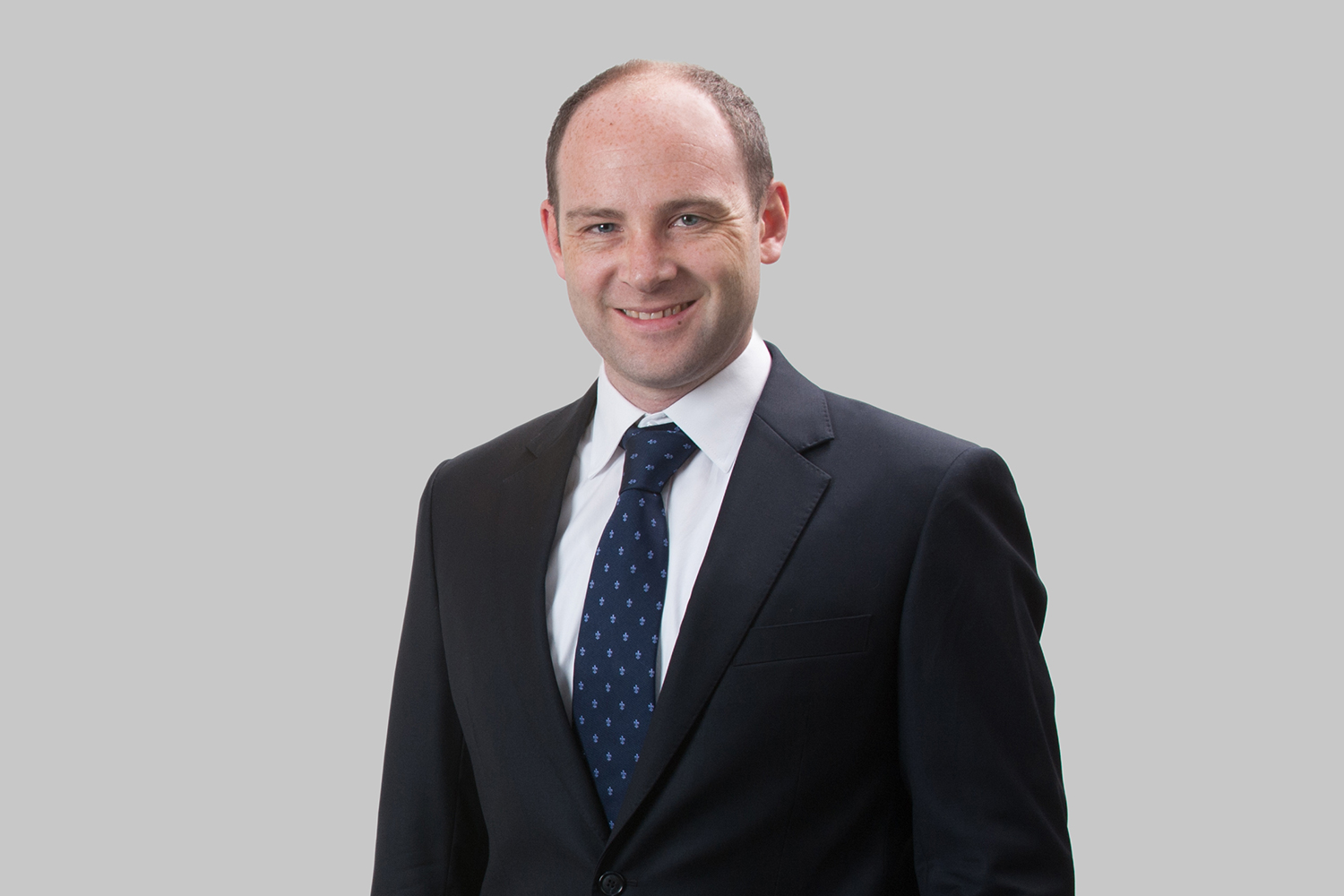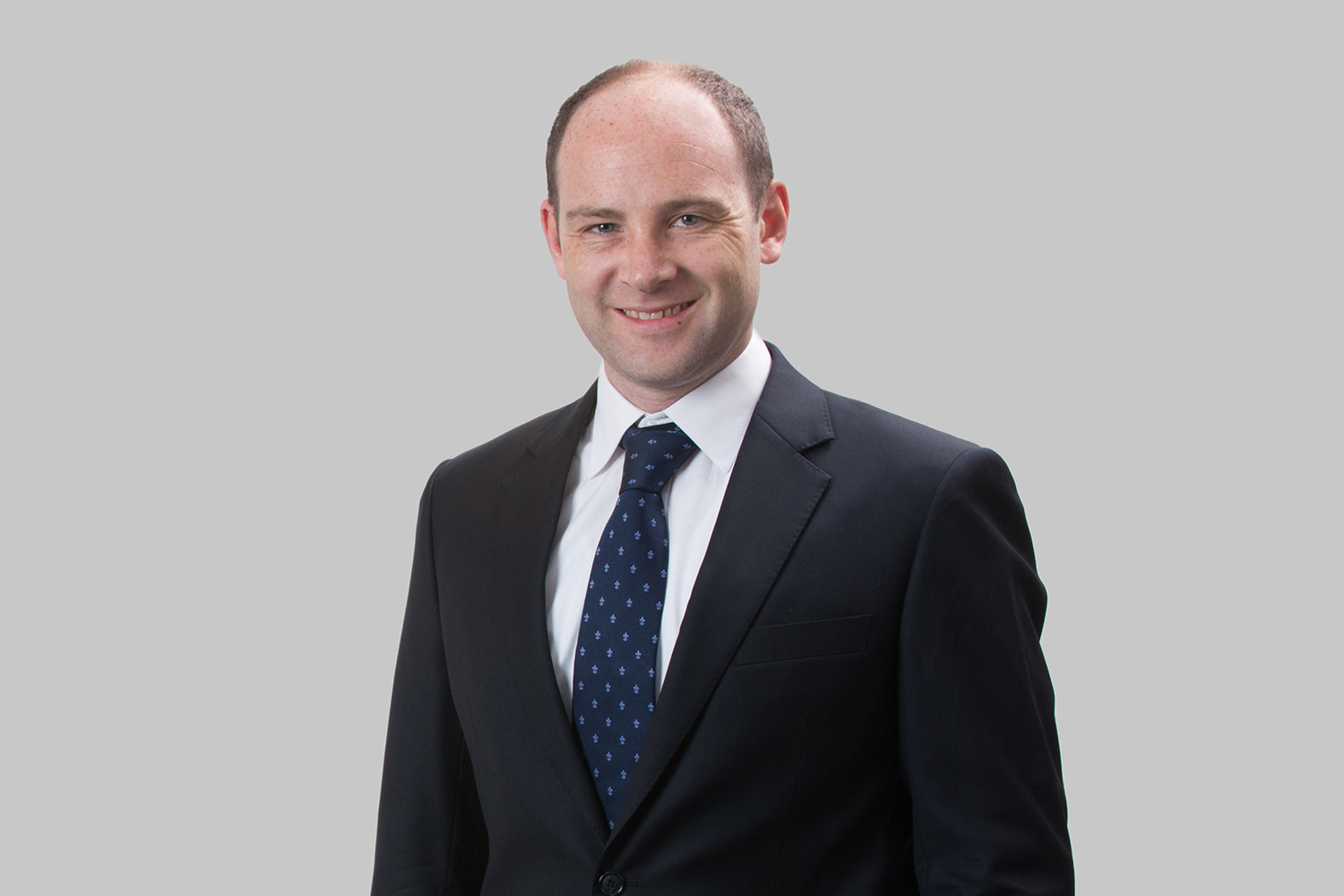
Marcus Hallan
Senior Associate | Legal
Cayman Islands

Marcus Hallan
Senior Associate
Cayman Islands
Services
We have the expertise to handle the most demanding transactions. Our commercial understanding and experience of working with leading financial institutions, professional advisers and regulatory bodies means we add real value to clients’ businesses.
Sectors
Our sector approach relies on smart collaboration between teams who have a deep understanding of related businesses and industry dynamics. The specific combination of our highly informed experts helps our clients to see around corners.
We have the expertise to handle the most demanding transactions. Our commercial understanding and experience of working with leading financial institutions, professional advisers and regulatory bodies means we add real value to clients’ businesses.
Legal
Corporate and Fiduciary
Consulting
Banking and Finance
Corporate
Dispute Resolution
Employment and Immigration
Intellectual Property
Investment Funds
Listing Services
Local Legal Services
Ogier Regulatory Consulting
Our sector approach relies on smart collaboration between teams who have a deep understanding of related businesses and industry dynamics. The specific combination of our highly informed experts helps our clients to see around corners.
Ogier provides practical advice on BVI, Cayman Islands, Guernsey, Irish, Jersey and Luxembourg law through our global network of offices across the Asian, Caribbean and European timezones. Ogier is the only firm to advise on this unique combination of laws.
Keep up to date with industry insights, analysis and reviews. Find out about the work of our expert teams and subscribe to receive our newsletters straight to your inbox.
Fresh thinking, sharper opinion.
We get straight to the point, managing complexity to get to the essentials. Our global network of offices covers every time zone.
About us
Corporate social responsibility (CSR)
Diversity, equity and inclusion
Information security
Innovation
Sustainability
Insight
18 October 2023
Cayman Islands
3 min read
ON THIS PAGE
Whether Cayman entities involved in a Sharia-compliant structure will be "relevant entities" carrying on any "relevant activities", as defined under and for the purposes of the International Tax Co-operation (Economic Substance) Act (Revised) of the Cayman Islands, requires careful consideration.
There is scope for confusion between the form of agreements often implemented to comply with Sharia principles and concepts, and the substance of activities intended to be caught by the International Tax Co-operation (Economic Substance) Act (Revised) of the Cayman Islands (ES Act), potentially attracting regulatory attention under applicable anti-circumvention provisions in the Cayman Islands.
The overarching goal of the economic substance regime implemented through the ES Act is to deter the artificial shifting of profits to low or no tax jurisdictions, such as the Cayman Islands, by requiring core income generating activities of relevant entities to be conducted within that jurisdiction. Most types of Cayman entities are required to meet the applicable "economic substance" test (ES Test) if they carry out "relevant activity" such as "financing and leasing business", although there are exceptions including in respect of "investment funds" and/or where the relevant Cayman entity can demonstrate to the Tax Information Authority of the Cayman Islands (TIA) that it is tax resident outside of the Cayman Islands. In certain cases the penalties for failure to satisfy the ES Test (where applicable) can be up to US$12,200 for the first financial year and can rise to up to US$122,000 in a subsequent financial year.
The language and terminology generally used in murabaha, wakala and other similar agreements may give rise to the assumption that they comprise of a form of lending or that the parties involved are in the "business of providing credit facilities for any kind of consideration" such that they may be required, under the ES Act, to meet the ES Test. Where that assumption is incorrect, it is important that such agreements are carefully reviewed to ensure that they do not involve a Cayman entity carrying on "financing and leasing business", especially in the context of the TIA's anti-circumvention monitoring as mentioned later in this note.
Many Sharia-compliant structures will be used in the context of investment holdings downstream from investment funds. The Guidance Notes on Economic Substance for Geographically Mobile Activities (Version 3.2) issued by the TIA pursuant to Section 5 of the ES Act (ES Guidance Notes) provide that the TIA will regard both mutual funds and private funds that are registered with CIMA as "investment funds" under and for the purposes of the ES Act. Helpfully for downstream investment holding structures, the term "investment fund" includes any entity through which an "investment fund" directly or indirectly invests or operates. Where Sharia-compliant investment structures operate through Cayman entities, such entities may therefore, in certain circumstances, also be considered to be "investment funds" (that is to say, entities through which a registered Cayman investment fund directly or indirectly invests or operates) – such that those Cayman entities would not be considered to be "relevant entities" – under and for the purposes of the ES Act. There are certain limitations (including, potentially, some mechanisms employed for orphaning vehicles in Sharia-compliant structures) so specific advice should be obtained.
Under Sharia principles it is essential that no interest be paid or payable to any entity under any relevant contractual arrangements. This principle runs contrary to how much of the "financing and leasing business" that the ES Act is designed to capture would operate and, where it participates in Sharia-compliant activities such as the purchase and sale of physical commodities pursuant to Sharia-compliant agreements, a Cayman entity is unlikely to be classified as a "pure equity holding company" carrying on "holding company business" under or for the purposes of the ES Act.
In certain circumstances, there may also be arguments available to the effect that agreements entered into by a Cayman entity as part of a Sharia-compliant investment structure should not be characterised as "credit facilities" – including where their principal purpose in such a structure is not to have any particular entity act or operate as a 'lender' but rather for all entities involved to function as intra-group investment vehicles.
However, it is important to note – as the ES Guidance Notes do – that the TIA will monitor arrangements which appear to be circumvention mechanisms and investigate cases where a person has entered into arrangements where the main purpose or one of the main purposes of which is to circumvent any obligations under the ES Act. Given that some Sharia-compliant agreements will be "financing and leasing business", while others with a similar structure and terminology may be, for example, commodity trading, it is important that such agreements are carefully reviewed to ensure that they are consistent with the purpose of the relevant structure. That may require clearly articulating the main reason for using the Sharia-compliant investment structure, which could be to establish a commercially workable structure that complies with Sharia principles – as opposed to an attempt to circumvent any obligations under the ES Act.
This is a complex and evolving area of Cayman Islands law and Ogier's team of regulatory, corporate, banking and finance experts are ready to assist.
Ogier's regulatory team has extensive experience advising all kinds of Cayman Islands entities on economic substance requirements and works closely with Ogier's corporate, funds banking and finance teams.
For further information on this please reach out to the author, or to your usual Ogier contact.

Senior Associate | Legal
Cayman Islands

Marcus Hallan
Senior Associate
Cayman Islands

Counsel | Legal
Dubai

Dominic Athwal
Counsel
Dubai

Partner | Legal
Cayman Islands

Martin Byers
Partner
Cayman Islands

Partner | Legal
London

Richard Bennett
Partner
London
Ogier is a professional services firm with the knowledge and expertise to handle the most demanding and complex transactions and provide expert, efficient and cost-effective services to all our clients. We regularly win awards for the quality of our client service, our work and our people.
This client briefing has been prepared for clients and professional associates of Ogier. The information and expressions of opinion which it contains are not intended to be a comprehensive study or to provide legal advice and should not be treated as a substitute for specific advice concerning individual situations.
Regulatory information can be found under Legal Notice
Sign up to receive updates and newsletters from us.
Sign up